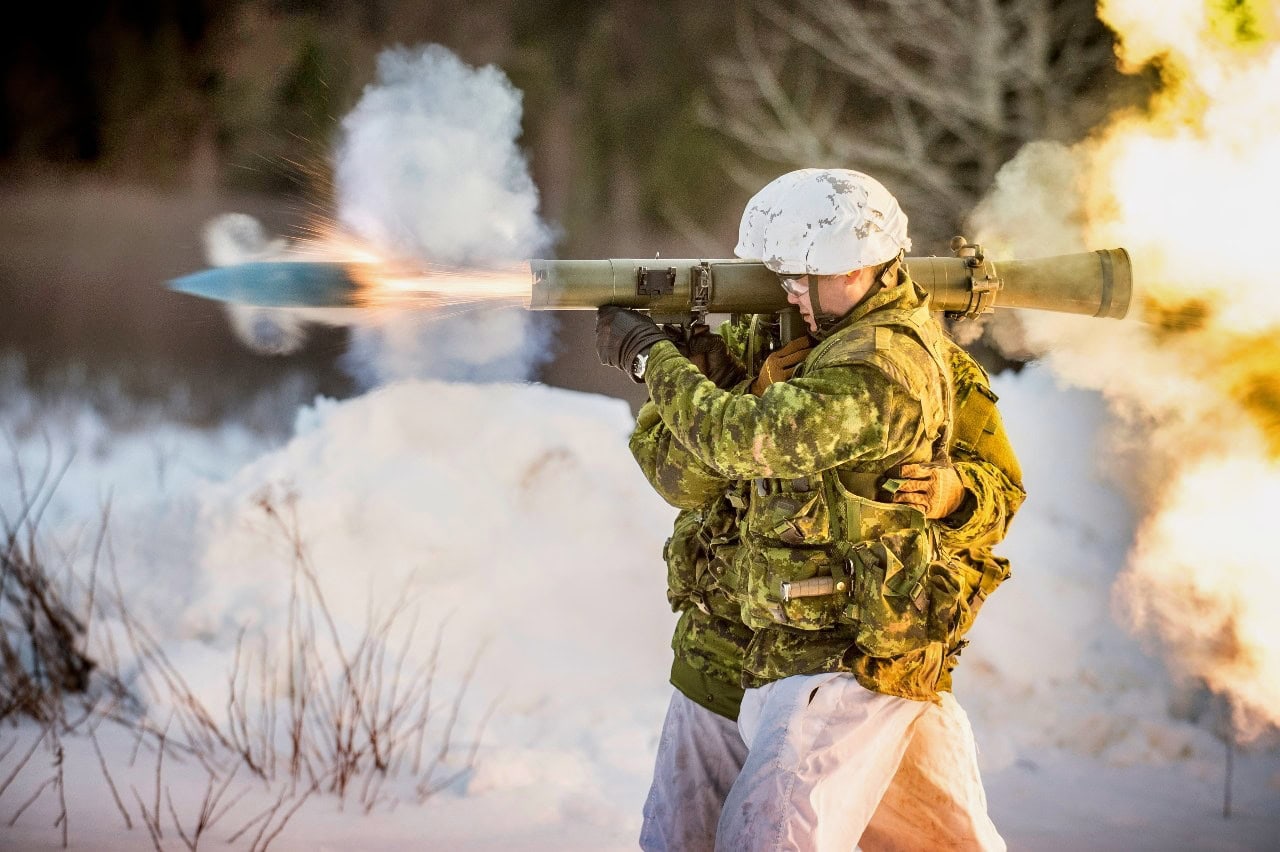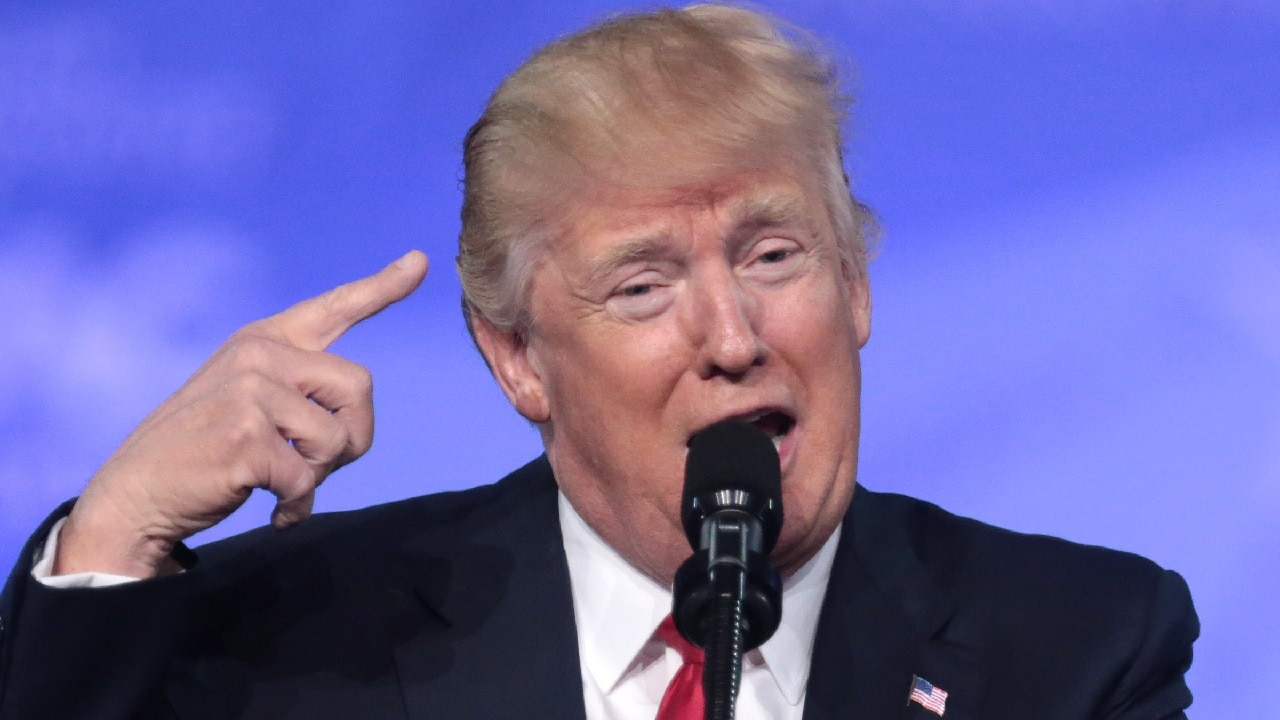Canada: Now afraid of America? As a Canadian living in the United States, I find the rising anxiety in Canadian foreign policy circles over America’s evolving global posture not just overblown but deeply misplaced.
From this vantage point, it is clear that some of the loudest voices in Canada’s national discourse have veered into outright hysteria, even suggesting that Canada and other democracies may one day have to “defend” themselves from the United States.
This claim is not only alarmist; it betrays a profound misreading of both today’s international realities and the trajectory of American strategic thinking. At best, it reflects an outdated and insular view of global affairs. At worst, it is an excuse to avoid confronting Canada’s strategic inadequacies while pretending the real threat lies elsewhere.
From here in the U.S., it is striking how certain Canadian commentators seem convinced that Washington is not merely stepping back from its traditional role as a global leader but actively becoming a destabilizing force. They point to shifting U.S. attitudes toward alliances, rising skepticism of NATO, trade disputes, and the prospect of another Trump presidency as proof that America is no longer a reliable partner. But from the inside, these narratives seem wildly detached from reality. What many Canadians fail to grasp is that strategic recalibration is not abandonment. The United States is not turning its back on the world—it is reassessing how best to engage with it in an era of renewed great-power competition.
One thing that is impossible to miss while living in the U.S. is just how misunderstood American strategic thinking is in Canada. The knee-jerk reaction among Canada’s foreign policy establishment—reducing complex global trends into neat, simplistic narratives about American decline or hostility—has fueled an embarrassing moral panic about a supposedly “rogue” America. This reveals not a principled concern for global stability but a deep misreading of international affairs.
The fact remains that the United States is not retreating; it is refining its global strategy. For decades, Washington’s foreign policy was shaped by an expansive internationalist vision that assumed American leadership was essential to global stability. The post-Cold War period reinforced this approach. But the rise of new power centers, particularly China, has made such a posture increasingly untenable. The natural consequence is that Washington now expects its allies to assume more responsibility for their own security. This is not an abdication of leadership—it is an overdue correction to an unsustainable model.
Rather than recognizing this as an opportunity to assume a greater role in international security, too many Canadian commentators have fixated on what they see as American “unreliability.” The irony here is glaring: the same voices that demand Canada establish a more independent foreign policy also insist that America continue underwriting Canada’s security. This contradiction has persisted for years, but the shifting nature of U.S. foreign policy makes it an increasingly indefensible position. What many in Canada fail to see from their removed perspective is that America’s interest-driven foreign policy does not threaten Canada—it forces Canada to take responsibility for itself.
The most ludicrous claim to emerge from this panic is the idea that Canada might need to “defend itself” from the United States. From here, this is not just a miscalculation; it is sheer fantasy. The U.S. remains the backbone of NATO, the primary deterrent against Russian aggression, and the only power capable of ensuring global maritime stability. If Ottawa genuinely believed that America was becoming an adversary, it would be making urgent and radical adjustments to its own defense posture—something we see no evidence of. The fact that this claim is made without any corresponding policy shift demonstrates that it is not a serious argument but political theater.
This discourse does not reflect a legitimate security concern—it reveals an unwillingness to confront Canada’s own strategic deficiencies. From this perspective, it is clear that rather than adapting to new geopolitical conditions, a certain faction of the Canadian commentariat prefers to externalize anxieties, framing America’s evolving foreign policy as an existential crisis rather than a long-overdue reality check. This is not just counterproductive; it actively impedes the development of a clear-eyed, responsible Canadian foreign policy. It encourages complacency, fostering the illusion that Canada does not need to take responsibility for its own defense because the real problem is America’s supposed “instability.” This is a profoundly unserious approach to world affairs.
The issue is not whether America will abandon Canada. The real question is whether Canada will finally abandon its own complacency. Instead of indulging in overwrought fears about Washington’s unpredictability, Canadian policymakers and intellectuals should focus on addressing the country’s longstanding strategic weaknesses. This requires real investment in national defense, a serious commitment to Arctic security, and meaningful contributions to regional security frameworks. Above all, it requires recognizing that America’s shift toward a more interest-driven foreign policy is not a disaster for Canada—it is an opportunity to step up as a more capable and self-sufficient ally.
Living in the U.S., it is abundantly clear that the world is changing, and the days of assuming that America will indefinitely shoulder the burden of global stability on behalf of its allies are over. This is not a retreat from leadership; it is an evolution in how Washington expects its partners to contribute. The expectation is no longer that America will do everything, but that its allies will act like genuine stakeholders in their own security. This is a reality that Canada must come to terms with, not a crisis to be feared.

Canada’s military training. Sapper Mathieu Riva Maille (front) and Sapper Tommy Cabana (rear) fire a round from the 84mm Carl Gustaf anti-tank recoilless rifle during exercise Rafale Blanche in Valcartier, Quebec, on 04 February, 2016.
Canada now faces a choice: it can either embrace this moment and finally develop a mature, credible foreign policy, or it can continue indulging in hollow rhetoric that absolves it of responsibility. The path forward is clear. If Ottawa fails to adapt, it will not be because America abandoned Canada. It will be because Canada failed to recognize the need to take itself seriously on the world stage.
The question now is whether Canada is ready to step up. From this perspective, the opportunity is there for our country to become a serious geopolitical actor, one that can safeguard its own interests and make meaningful contributions to allied security. But if Canada remains stuck in a cycle of strategic immaturity—demanding independence while still expecting American protection—it will remain an inconsequential player in global affairs. The world is moving forward.
Canada must decide whether it will move with it or remain trapped in outdated illusions of a benevolent America forever shielding it from reality.
The choice will define Canada’s place in the world for decades to come.
About the Author: Dr. Andrew Latham
Andrew Latham is a non-resident fellow at Defense Priorities and a professor of international relations and political theory at Macalester College in Saint Paul, MN. Andrew is now a Contributing Editor to 19FortyFive, where he writes a daily column. You can follow him on X: @aakatham.
More from 19FortyFive
The Army’s AbramsX Tank Is Getting ‘All the Attention’ for 1 Reason
Russia’s New Tu-160M Bomber Can Be Summed Up in Just 2 Words

